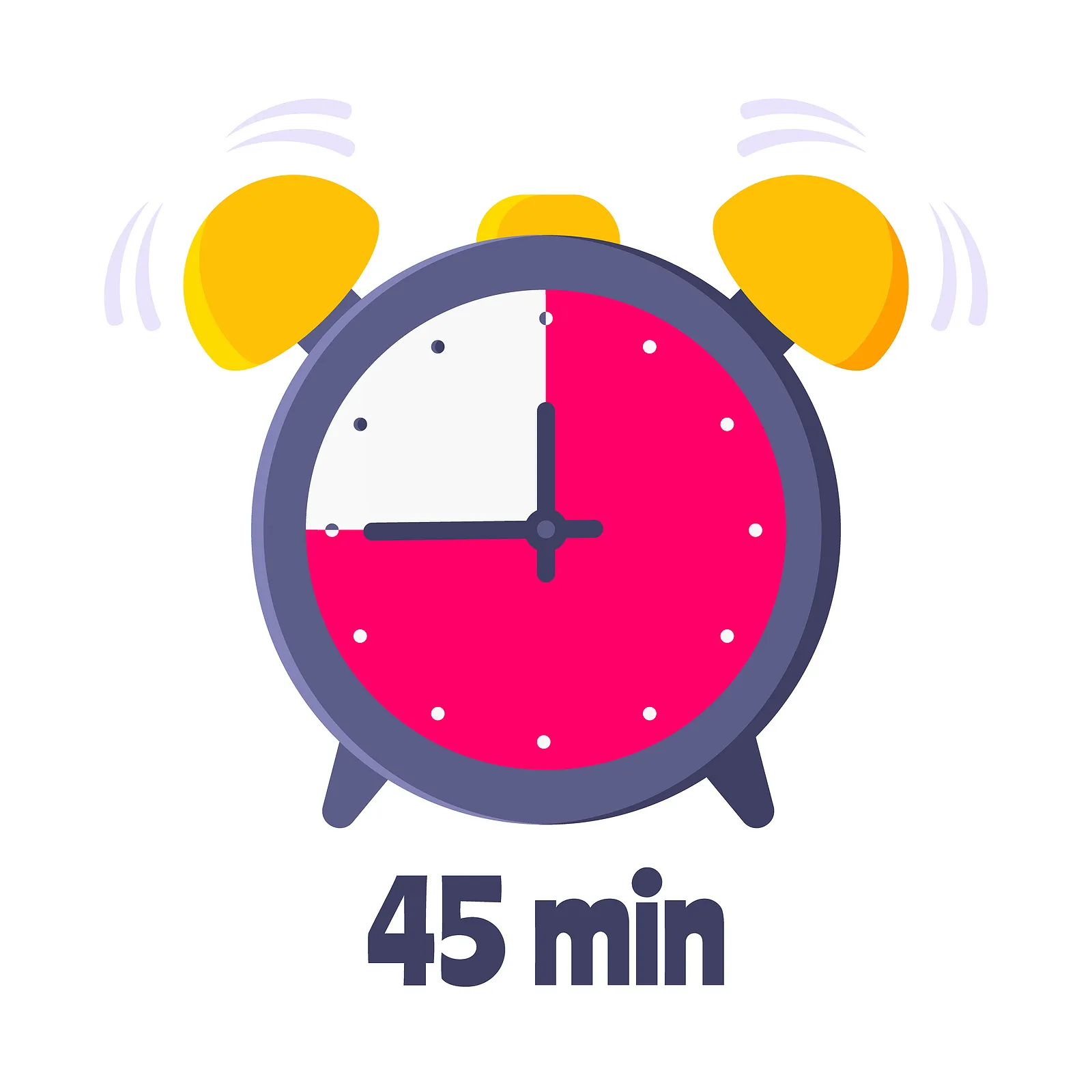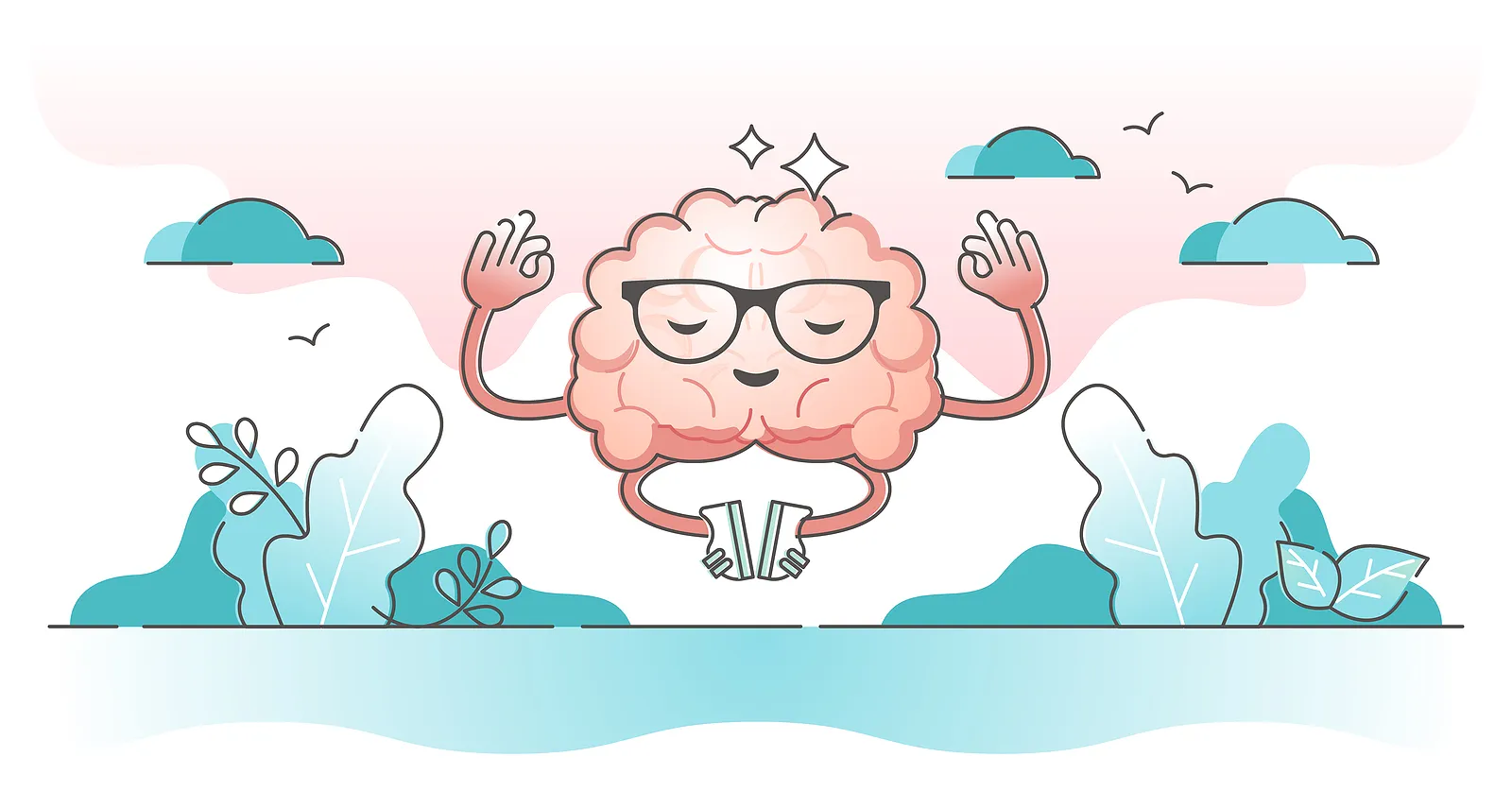Taking Control of Your Life When OCD Tells You That You Can’t
March 31, 2021
I often hear my clients describe to me that inner voice (an obsessive thought).
It is telling them to perform a behavior (a compulsion), even though they don’t want to do it.
The thought is quite convincing and the behavior many times is something that doesn’t make sense.
Such as (turning the light switch on and off a certain number of times or washing their hands a certain number of times).”>Obsessive Compulsive Disorder,
I often hear my clients describe to me that inner voice (an obsessive thought).
It is telling them to perform a behavior (a compulsion), even though they don’t want to do it.
The thought is quite convincing and the behavior many times is something that doesn’t make sense.
Such as (turning the light switch on and off a certain number of times or washing their hands a certain number of times).
These obsessive thoughts can be so compelling, that the person worries that if he or she does not perform the behavior, something bad will happen.
For example, (they will have a bad day or something bad will happen to them or to someone they love).
I am here to tell you that if you are suffering from Obsessive Compulsive Disorder and you’re looking for OCD help, there are ways to overcome obsessive thoughts and compulsions.
I am here to give you some help with obsessive-compulsive disorder on how to reduce and even eliminate obsessive thoughts and compulsive behaviors.

OCD Affects You Reaching Your Goals
A report is due for school or work. Your deadline is approaching, but you cannot seem to complete the task.
You know how to complete the report, the words are coming to you, but you continue to get “stuck” because you have to type and then re-type each word.
That thought in your head is persistent.
Re-type this word or something bad will happen.
Although you comply with the request because you think that it will make you feel less anxious, unfortunately, it does not work. Consequently, you re-type again.
Sometimes, obsessive thoughts come in a visual form.
Examples can be grotesque or sexual images that flash before one’s eyes over and over again.
Get out of my head you say to these thoughts and images.
Fear overwhelms you, leading you to think you are going crazy.
Consequently, a wave of panic overtakes you, and the worry that this report will not get done in time is becoming more and more of a reality.
How do you explain this to your boss or teacher?
Additionally, what is it that you even say?
One thinks to themselves, they are going to think that I do not belong here.
Obsessive-Compulsive Disorder Interferes with Your Daily Life
Running late for school, work, dinner, and events is routine.
However, you need to take a shower, washing and rewashing your body over and over again. “Am I clean enough?
Did I wash my hair with shampoo? And did I clean that body part?”
You ask yourself these questions repeatedly.
This isn’t just once a day, it’s multiple times a day, several showers, and standing at the sink for many minutes at a time.
This means a hamper full of clothes. Always being late.
The entire family waiting on you. Family members get mad at you.
However, that obsessive thought does not let up.
It tells you, “you are dirty, there are germs everywhere,
you will get sick, you will get others sick.”
Maybe you’re trying to ignore the thoughts and stop performing the rituals, but it’s too difficult.
Consequently, you are not in control of your thoughts, body, and your life.
Guilt and shame are very real feelings.
You’re Trying to Overcome, But You’re Struggling Daily
Goals are made for the next time or the next day and you tell yourself that the next time you will try harder and do better.
However, each next time turns into another next time.
Life becomes highly predictable in this never-ending cycle.
It’s not like you don’t try to stop.
However, these thoughts and behaviors are very difficult to suppress, and sometimes it feels even painful to stop.
Panic, fear, and anxiety consume you all too often.
Furthermore, you are in severe distress that someone not in your inner circle will notice these idiosyncratic behaviors.
Will they laugh at you? Exclude you? Talk behind your back?
Or will you not be given a positive review or letter of recommendation?
What if you get passed up for a raise or promotion because of this?
The motivation to stop is there.
However, sometimes it is difficult to ascertain which came first, the thought or the compulsion.
Self-doubt does not help ease this vicious cycle of complicated thoughts and behaviors and the need to do and undo.
It feels as though you do not have control over your own mind and body.
As a result, it feels as though your mind and body are functioning as two separate entities, competing against each other.
There are ways to help ease your obsessive thoughts and lessen your compulsive behaviors.

10 TIPS to Help Quiet Obsessive Thoughts and Reduce Compulsive Behaviors
Recognize your OCD Thoughts
Obsessive thoughts are just thoughts. They are not real-life events.
Therefore, you do not need to respond to the thoughts by asking the thought questions (is this real?)
Or responding to the thought at all (what if I don’t do it, then something bad will happen).
Recognize that these thoughts are “OCD thoughts.” Let them go in one ear and out the other.
Try not to respond to them and try not to follow their command to perform a compulsion.
The goal should be to start with one obsessive thought and one compulsion at a time.
Think of Anxiety Symptoms Like a Wave
As you move through recognizing “OCD thoughts” allows the anxiety to do what it’s supposed to do.
The wave of anxiety will get higher.
However, what goes up, must come down.
Wait for the anxiety to subside.
Ride it out like a wave. The anxiety symptoms will decrease.
Becoming accustomed to feeling uncomfortable with anxious feelings and not listening to your “OCD thoughts” will get easier and easier.
Stick with it.
Resist the Urge to Complete the OCD Compulsions
Go toward the anxiety and resist the urge to complete the compulsions.
This sounds counterintuitive as we want to ease our anxieties.
However, resisting the compulsion will decrease the strength of the compulsion, and eventually, the anxiety will decrease.
Practice Deep Breathing
As simple as it sounds – close your eyes and take a deep breath.
Hold your breath and then slowly exhale like you are blowing into a straw.
This will help to slow down your breathing and ease your anxiety.
Practice Meditation
Try it in the morning before you start your day or before bedtime and anytime you can in between.
There are many free videos you can search for from progressive muscle relaxation, imagery, and deep breathing.
This will help with your feelings of anxiety.
Self Care Management
Eat and sleep well. We all do not feel our best when we are lacking sleep or not eating well.
It is much easier to keep ourselves accountable when we are feeling our best.
Exercise
Go for walks, ride your bike, be outdoors.
Exercise can have a calming effect and can positively impact our mood and mindset.
This helps us to remain goal-oriented.
Be Gentle with Yourself
If you listen to a thought or perform a compulsion, your day is not “ruined.”
This does not mean that you beat yourself up and just give up for the day and start tomorrow or next week.
Start the next time you have an “OCD thought” and try not to perform the compulsion.
Stay positive and keep the momentum going.
Redirect Yourself to Something You Enjoy
When you are feeling especially anxious or having a difficult day,
engage in a preferred activity that distracts you from the OCD thoughts and compulsions.
Many people will say that they don’t have OCD thoughts and behaviors or have more limited OCD thoughts and behaviors when they
are doing something that they like to do.
It’s OK to reward yourself and feel good.
Keep Track of How You are Doing
Keep a journal of your obsessive thoughts and behaviors.
Work on one obsessive thought and behavior at a time.
Tally how many times you had a thought and how many times you did not perform a compulsive ritual.
Be honest with yourself.
This will help you to track your progress.
Counseling for Obsessive-Compulsive Disorder in Ridgewood, NJ Can Help
I hope that these tips have helped you.
If you feel like you need more OCD help, I am here to assist you.
We can work together to begin reducing OCD and anxiety symptoms of obsessive-compulsive disorder.
You will be working with a skilled therapist in Ridgewood, NJ, Dr. Maria Staropoli-Hafner,
who specializes in treatment for OCD.
To begin your therapy journey in my Ridgewood, New Jersey Therapy Practice,
schedule your 20-minute free consultation and being treating your obsessive-compulsive disorder today!
Other Mental Health Services at Total Insight Psychotherapy Services
Obsessive-compulsive disorder treatment is not the only service I offer in my Ridgewood, New Jersey counseling office.
Other mental health services Total Insight Psych provides include
stress and anxiety treatment, perfectionism treatment, trichotillomania and skin picking treatment.
Dr. Maria A. Staropoli-HafnerI am a doctoral-level psychologist in Ridgewood, NJ. I specialize in helping adolescents and adults who are struggling with anxiety and stress, perfectionism, obsessive-compulsive disorder (OCD), trichotillomania (hair-pulling), and skin picking.
